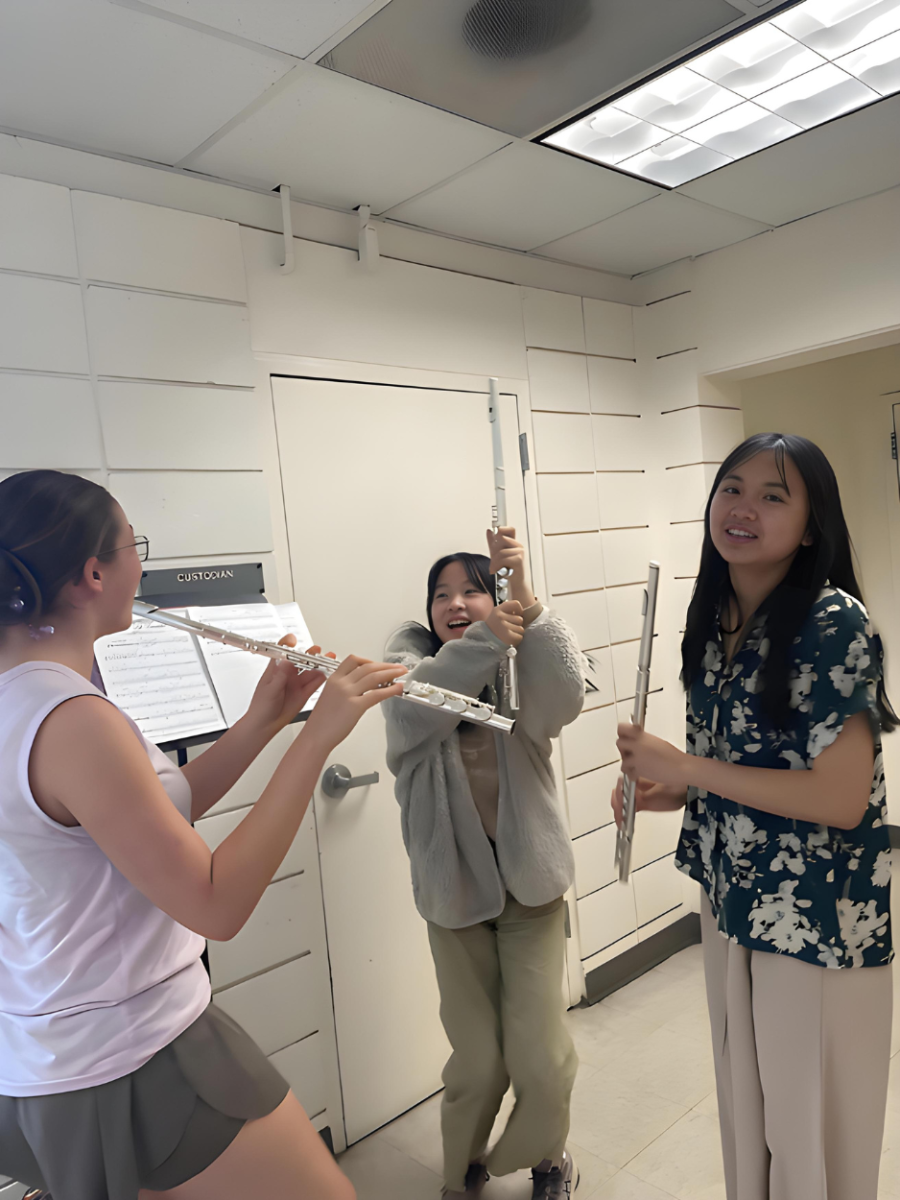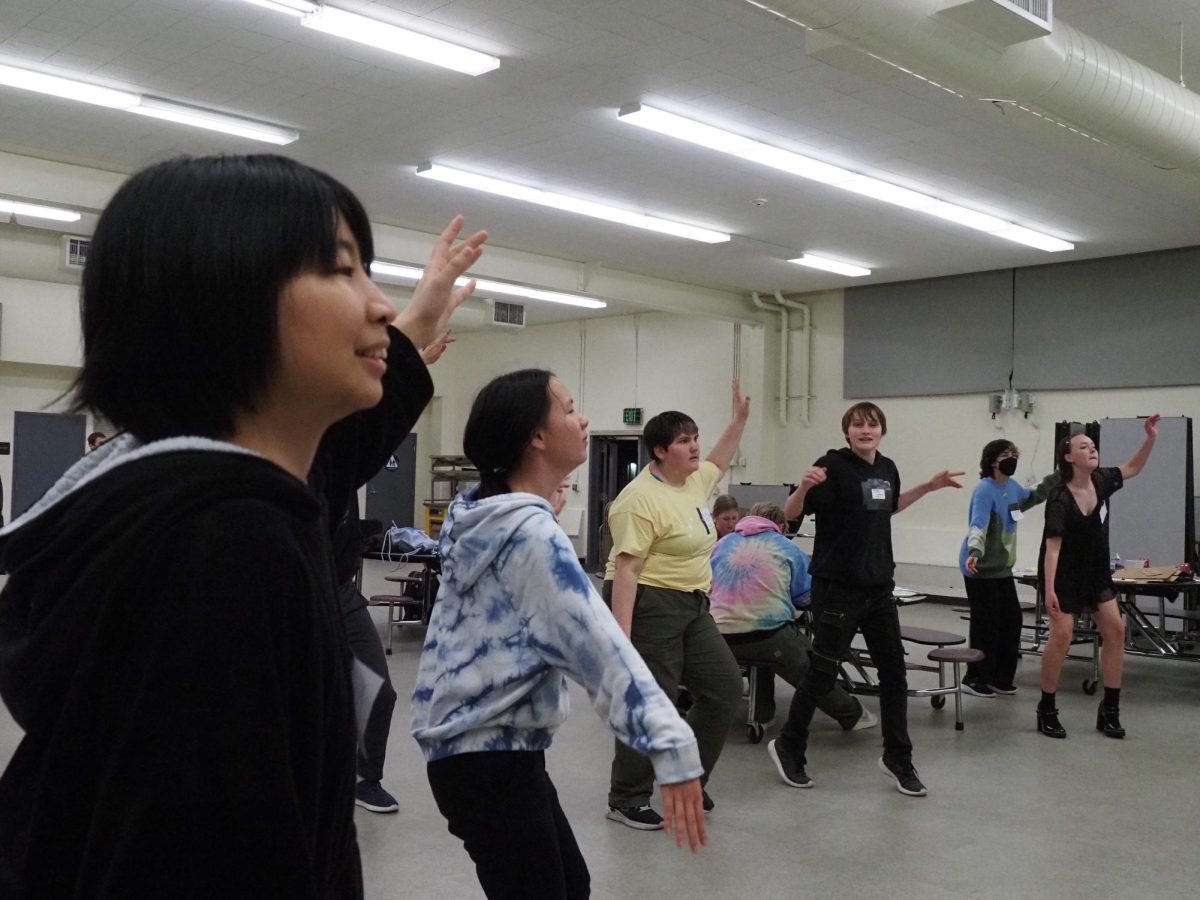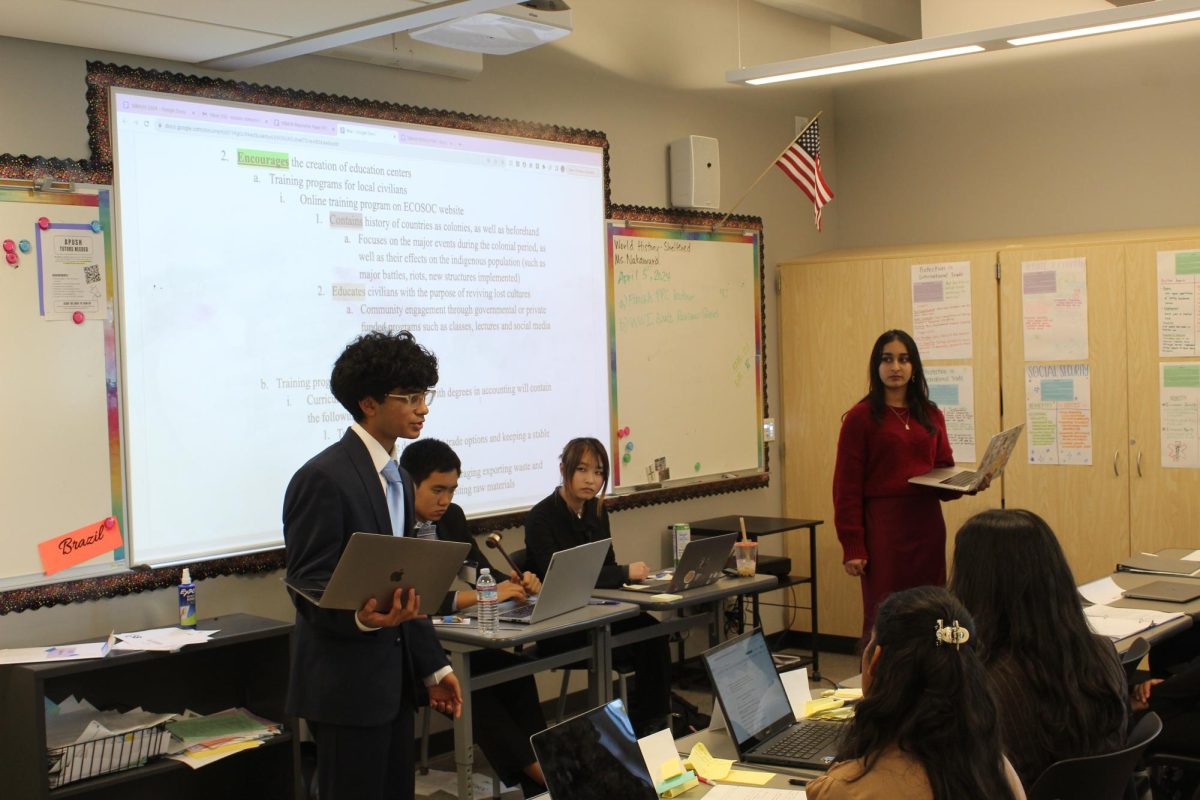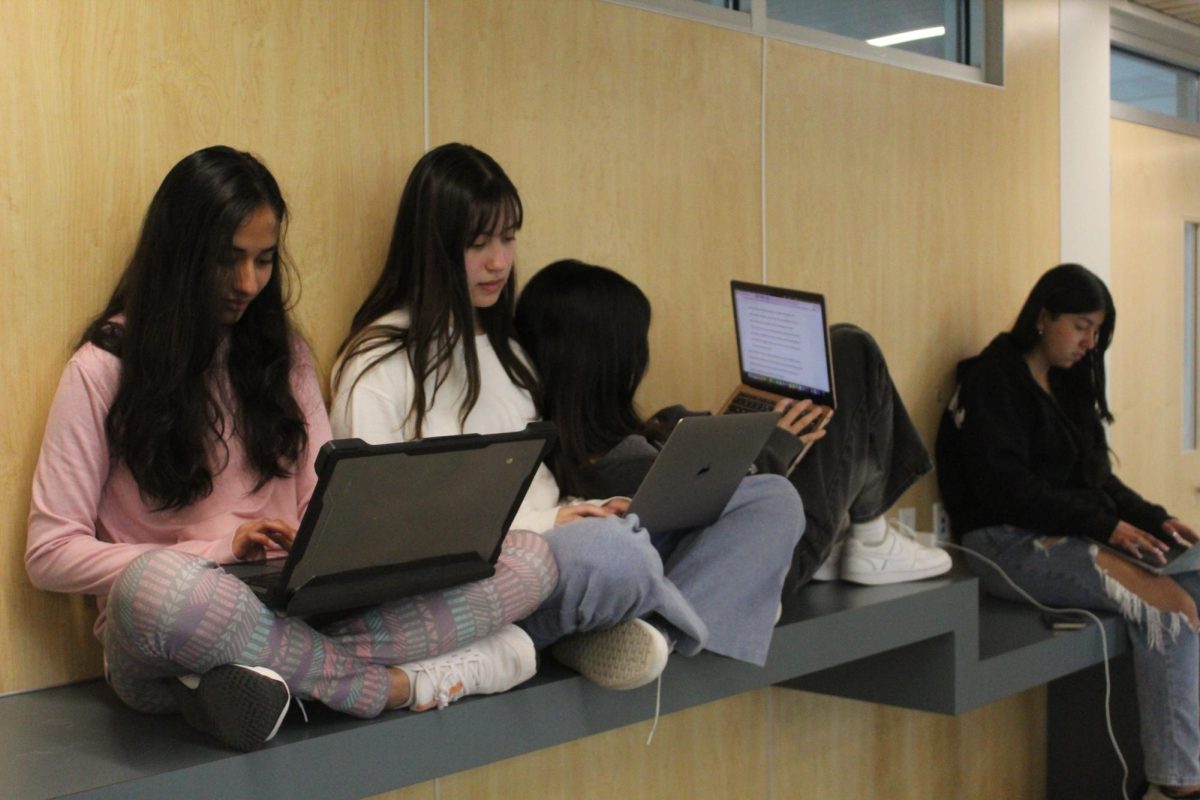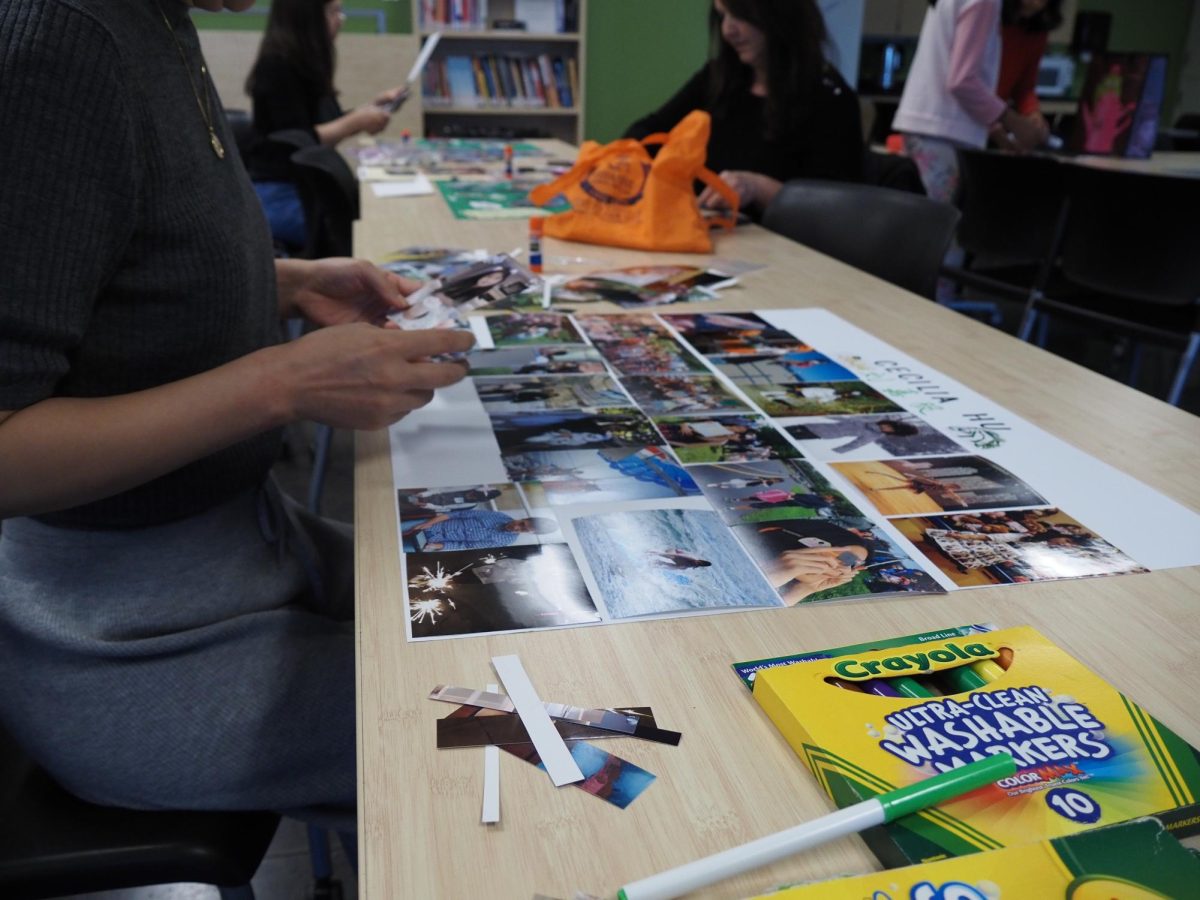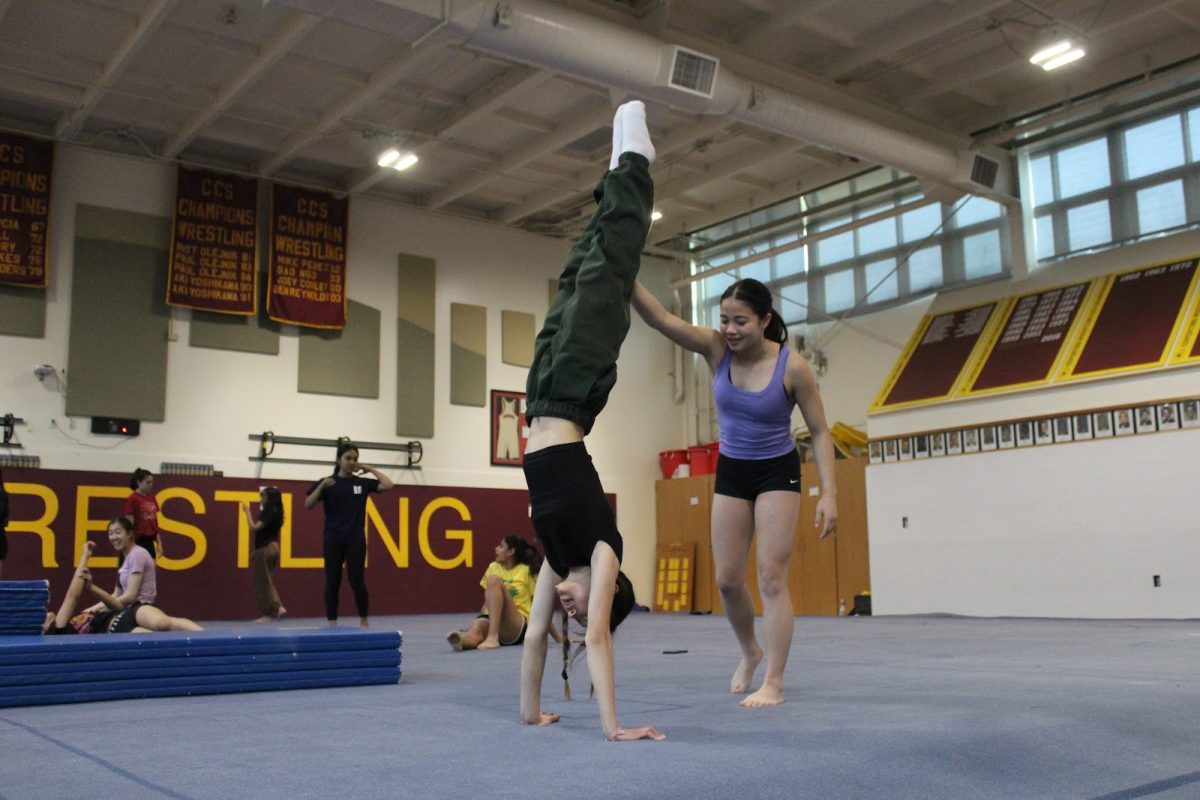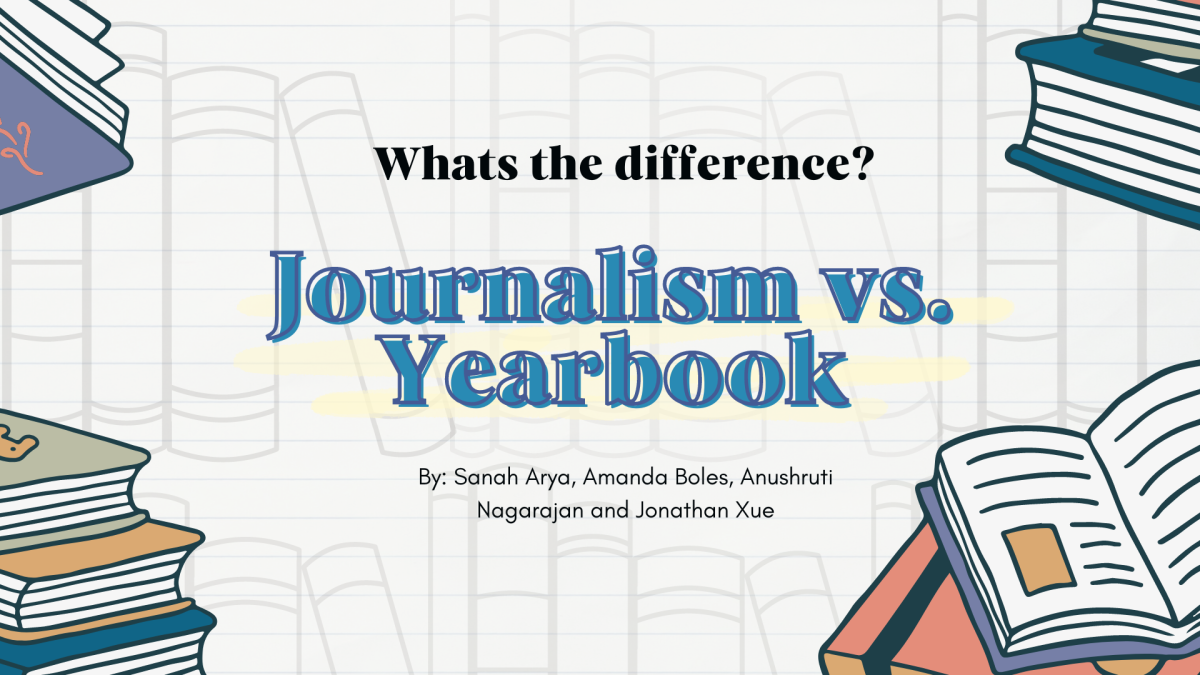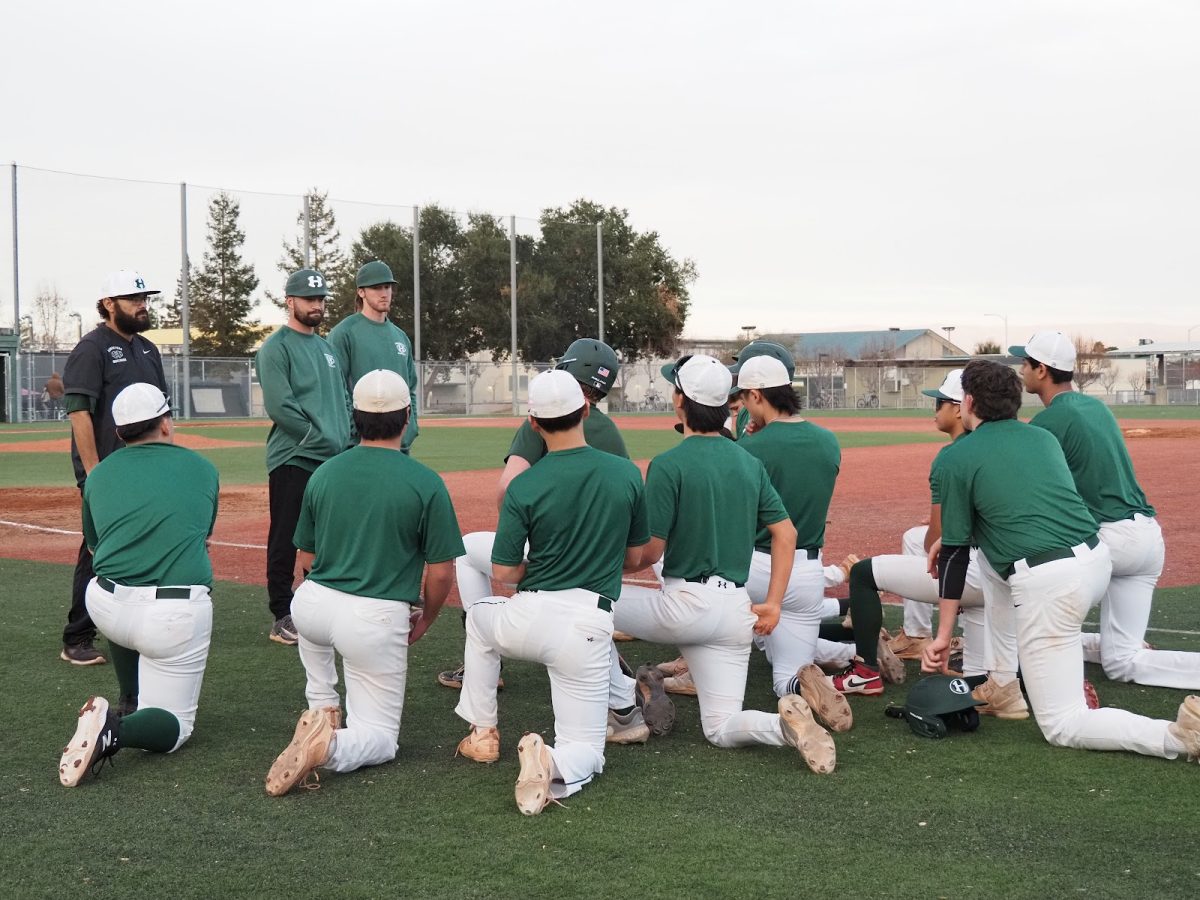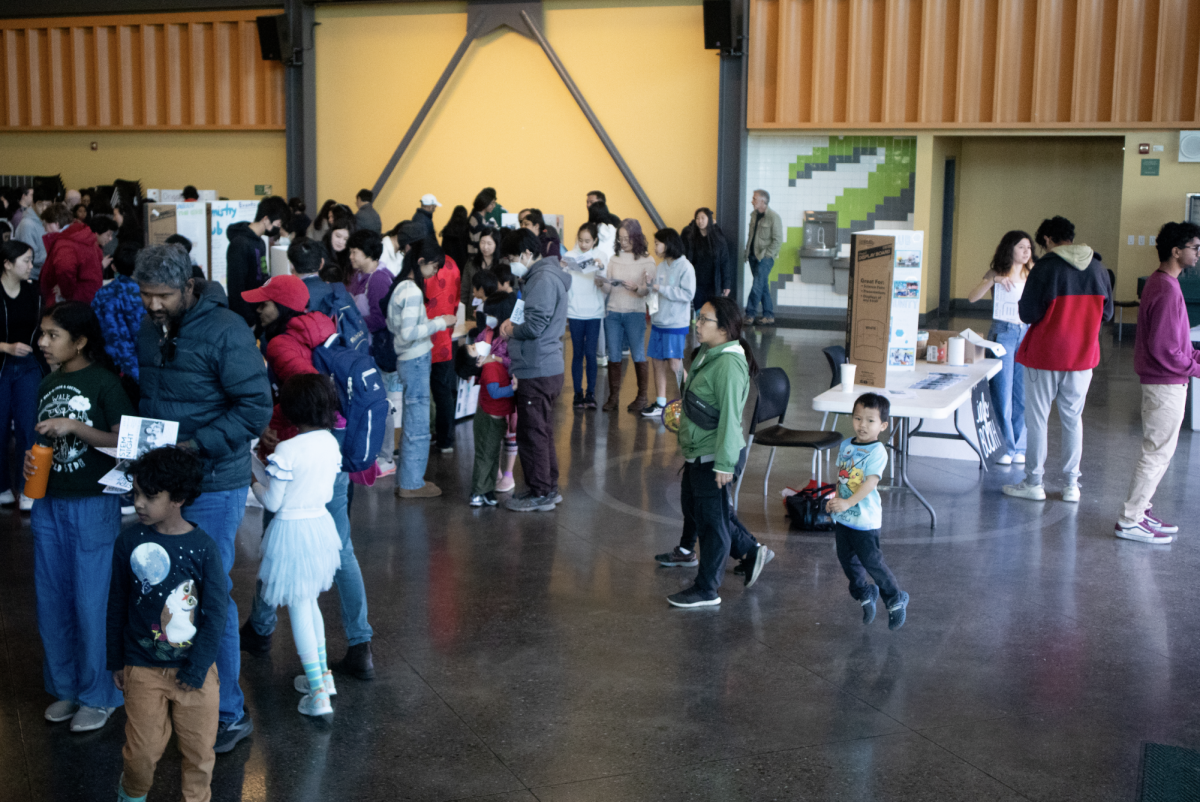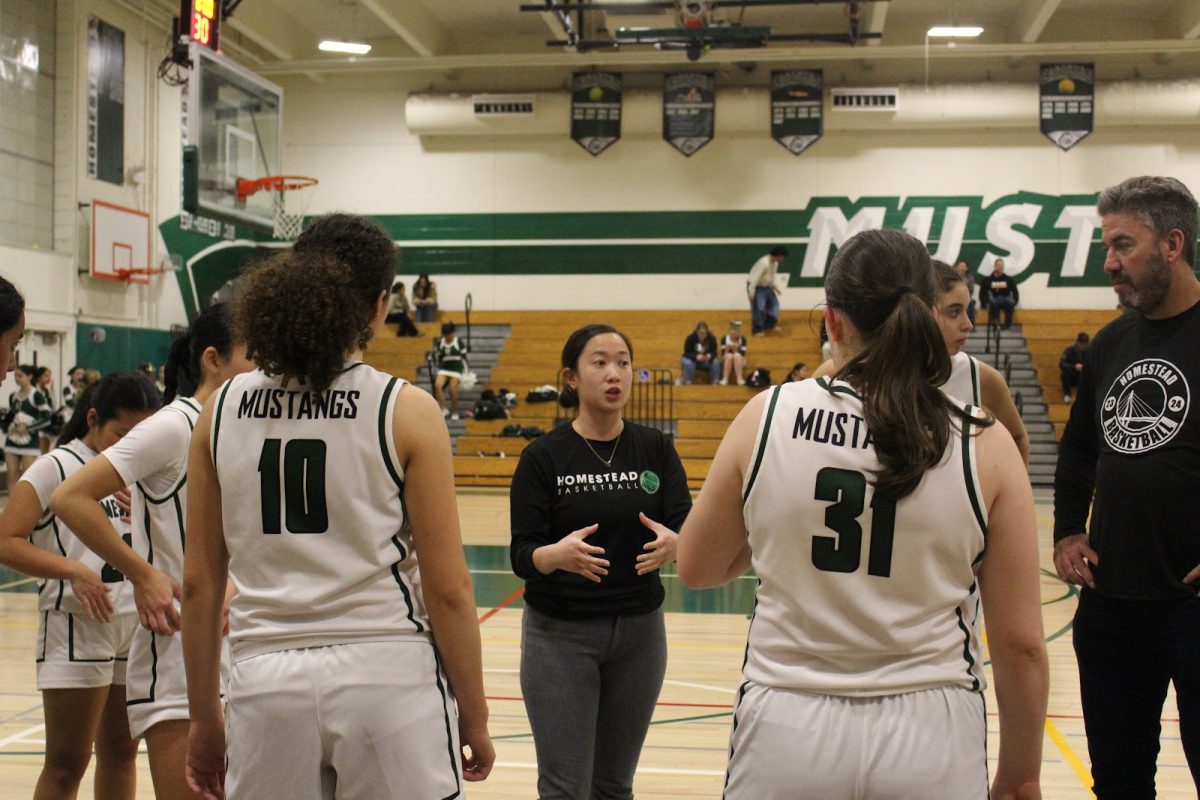HHS has no shortage of AP courses, ranging from chemistry to government. One course missing from this broad selection is AP economics, social studies teacher Christy Heaton said, but students may self-study for the AP test in May. Economics club is a great asset for just that, co-president Vivian Reutens said.

Heaton said the club provides an abundance of resources to dive deeper into topics such as personal finance. The club offers various competitions, such as the national economic and personal finance challenges, in which students can advance to higher levels, Reutens added.
Most students do not get exposed to economics until their senior year, Heaton added, so the club provides a great platform to learn economics beforehand.
Co-president David Wang said officers strive to introduce key economics concepts for students who are interested in pursuing the topic. As the club works to prepare for College Board testing, officers have to work to prepare an adequate curriculum for the assessment by pulling information from the AP course while also making it relevant to students, Wang, a junior, added.
“We also tried to pull in some additional connections to historical or current events so that they can figure out ways to apply those concepts to real life,” Reutens said. “I was originally interested in history in middle school, and economics directly connects to history and our daily lives.”
Similarly, Wang was introduced to economics during eighth grade. He said that learning through the club helped him self-study for the AP test and expand his knowledge.
“Economics has proven to be a useful skill in the real world, and I really like it because I can continue learning and teach other people as an officer,” Wang said.
Heaton said her daughter also found interest in economics during her freshman year and continued to pursue it.
“She actually started an economics club at her school and competed in the econ challenge,” Heaton added. “So I can see as a parent and a teacher how getting exposed to it at a young age can actually influence what you want to do in the future, as now she’s an econ major.”
To get more involvement, officers attempt to meet students at their level of knowledge by picking out topics that people already understand and building on them, Wang said. By pulling in more interdisciplinary topics such as behavioral economics, the club plans a wider variety of topics, Reutens added.
“I would say economics is a very broad field,” Reutens said. “So you can take that framework of looking at markets and human behavior and interact with the government and expand it to a lot of different fields like business, history, government and even statistics and calculus. So regardless of what you’re interested in, you can probably apply some mode of economic thinking to it.”




